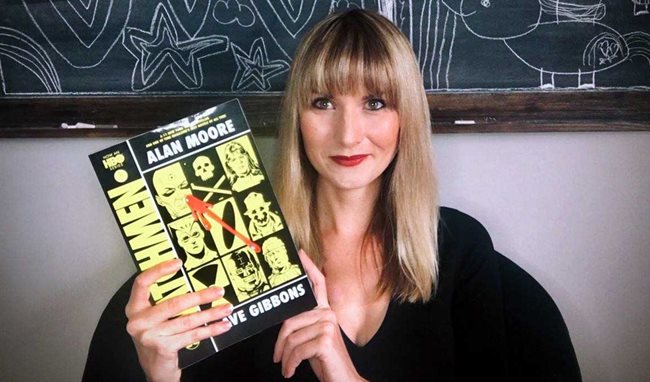





This leads us to the core question posed in the plot - who watches the Watchmen? That is, who gets to decide on matters that involve collateral damage? Who gets to decide who should be (in this case) literally sacrificed for the common good? Who ensures the powerful do not abuse their power?
Or, to use examples from our current reality; who regulates the regulators? And who fact-checks the fact-checkers?
There are clear parallels between all these sorts of “infinite loop” problems and some of the most contentious issues of contemporary society.

Right now, for example, in the aftermath of the Trump era, we are grappling with questions around censorship regulation:
Should privately-owned platforms and social media networks be allowed to “de-platform” users with controversial or harmful views? - Or should private companies be allowed to refuse service to disruptive users at their own discretion?
What about “deeper stack” private companies, (for example internet service providers or cellular networks that may have an effective monopoly or oligarchy over digital communications) be allowed to - or even required to (as is the case with South Africa’s controversial pending “internet censorship bill) - police the speech of individuals, groups, apps, and even businesses?
Or should censorship reside with the “deep state” - that is, should government regulators have more say over what we are allowed to say or not say in public and in private?
And, what are the risks of consolidating the responsibility of evaluating what speech and what ideas should be permitted into a central committee, be that a private committee (such as Facebook’s new Oversight board) or a government committee? Again: who will watch the watchmen to ensure the recommendations and regulations are fair and just, and that the individuals involved in making these decisions on our behalf are not biased and do not abuse their positions of power for their own ends?
These are hard questions, the answers of which with far-reaching consequences for businesses and individuals. While we do not yet know how the future o censorship will play out, we do know that new regulations in this regard are inevitable as governments have to update laws to respond to the ways social media and mass internet connectivity have disrupted society. This means, going forward, businesses and brands will be well advised to watch what they are saying out loud even more carefully - and to watch the watchmen closely to determine the direction we are headed in.